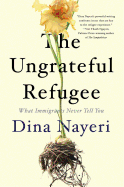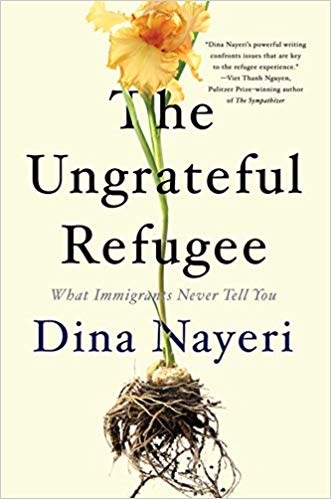 No matter their ethnicity, country of origin or the political intricacies of their situation, refugees flee their homes in search of safety, opportunity and hope. Novelist Dina Nayeri, who fled Iran as a child with her mother and brother, delves into the experiences of many refugees--their varied details and their broader parallels--in her first nonfiction book, The Ungrateful Refugee.
No matter their ethnicity, country of origin or the political intricacies of their situation, refugees flee their homes in search of safety, opportunity and hope. Novelist Dina Nayeri, who fled Iran as a child with her mother and brother, delves into the experiences of many refugees--their varied details and their broader parallels--in her first nonfiction book, The Ungrateful Refugee.
Nayeri relates her own experience of flight and its traumatic aftereffects over many years, and interviews dozens of other refugees from various countries, highlighting their stories. She also asks pointed questions that reverberate through the narrative: Who is worthy of refuge and rescue? Who gets to decide? And "why do we ask the desperate to strip off their dignity as the price of help?"
Nayeri (A Teaspoon of Earth and Sea) begins with her own story of seeking refuge: a long, winding journey with her mother and brother between relatives' houses, refugee camps and eventually a new, unfamiliar home in Oklahoma. She draws the sharp contrasts of her life in Iran before leaving: the comfort and safety of home, her parents' contentious marriage, the religious conflict she saw at home and at school. She also returns, again and again, to her mother's story of "Three Miracles," the polished, practiced explanation of their family's journey toward asylum, which she has honed and presented to the world. Nayeri muses on the (entirely understandable and often complicated) need for refugees to make sense of their narratives, both for themselves and for those on either side of the border who have the power to grant them asylum.
The middle of Nayeri's book explores her visits to refugee camps, her interviews in several different countries with those seeking rescue and those seeking to help them, and her return as an adult to Barba, to the former Italian hotel where she once lived as a refugee. Her story, and the others she tells, have overlapping layers and complexities, but all of them are characterized by waiting, legal trouble, separation from loved ones and a desperate, repeated swing between despair and hope. She explores concepts of escape, rescue, home, waiting, assimilation--all part of the refugee experience, in particular and also universal ways.
Blistering in its unequivocal critiques of the legal systems that keep refugees in limbo, yet strikingly layered and nuanced in its storytelling, The Ungrateful Refugee is timely, unsettling, compassionate and deeply compelling. --Katie Noah Gibson, blogger at Cakes, Tea and Dreams
Shelf Talker: In her first work of nonfiction, Dina Nayeri delves into the difficulties of the refugee experience.
 "Business-wise, independent bookstores are doing great, thanks to the dedicated support of readers. We bet on opening an independent bookstore because bookstores are so important to each of us individually, and because we knew that after the rise (and fall) of big bland chain shops and the supremacy of Amazon, readers have whole-heartedly returned to independent bookstores: for a feeling of belonging in a literary community, for the always-surprising and engaging interactions between booksellers and readers, for readings and events, and for a space to be among a curated collection of literature that always presents new ideas and paths to discovery. Endless choice can be exhausting--and small local shops are a great antidote to that. We bet on Beacon as a town full of readers who wanted to share all those near-sacred experiences with us at Binnacle, and we couldn't be happier with how it's turning out."
"Business-wise, independent bookstores are doing great, thanks to the dedicated support of readers. We bet on opening an independent bookstore because bookstores are so important to each of us individually, and because we knew that after the rise (and fall) of big bland chain shops and the supremacy of Amazon, readers have whole-heartedly returned to independent bookstores: for a feeling of belonging in a literary community, for the always-surprising and engaging interactions between booksellers and readers, for readings and events, and for a space to be among a curated collection of literature that always presents new ideas and paths to discovery. Endless choice can be exhausting--and small local shops are a great antidote to that. We bet on Beacon as a town full of readers who wanted to share all those near-sacred experiences with us at Binnacle, and we couldn't be happier with how it's turning out."




IPC.0204.S3.INDIEPRESSMONTHCONTEST.gif)








 The Texas A&M University-San Antonio bookstore reopened on July 1 under Follett management, the
The Texas A&M University-San Antonio bookstore reopened on July 1 under Follett management, the IPC.0211.T4.INDIEPRESSMONTH.gif)
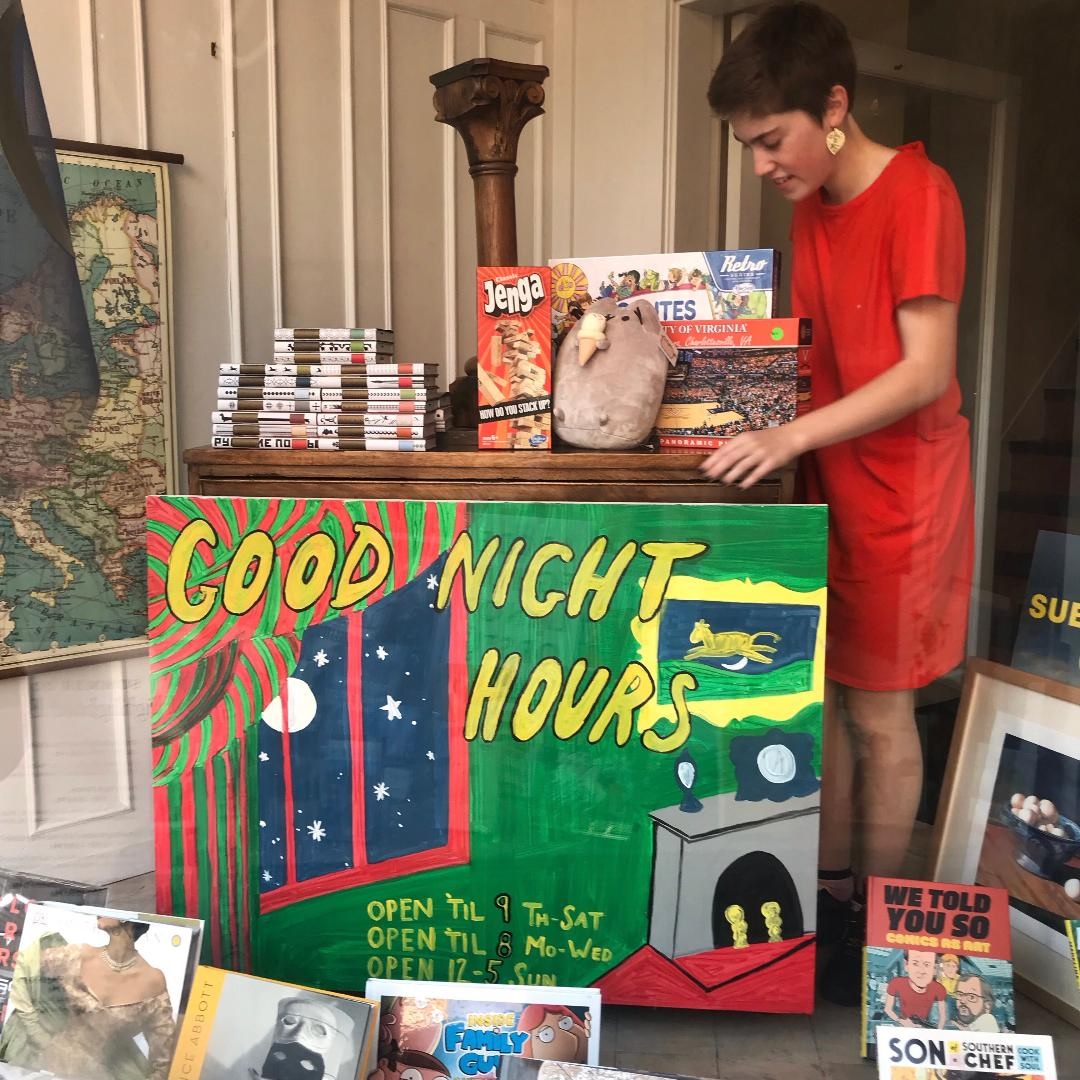 At
At 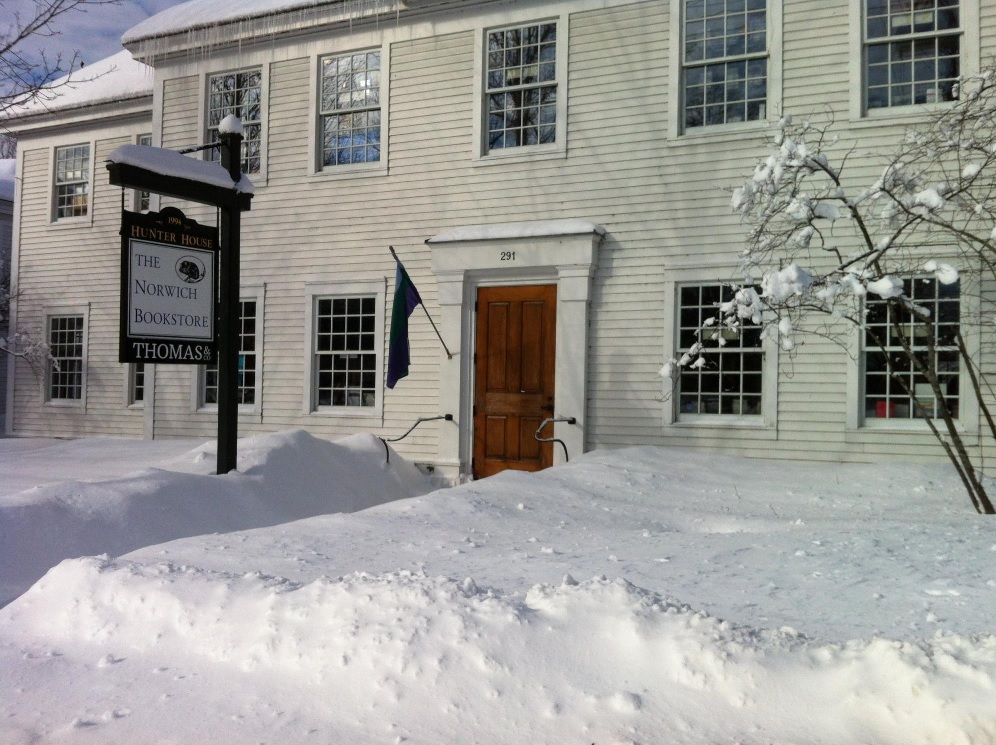 Congratulations to
Congratulations to 
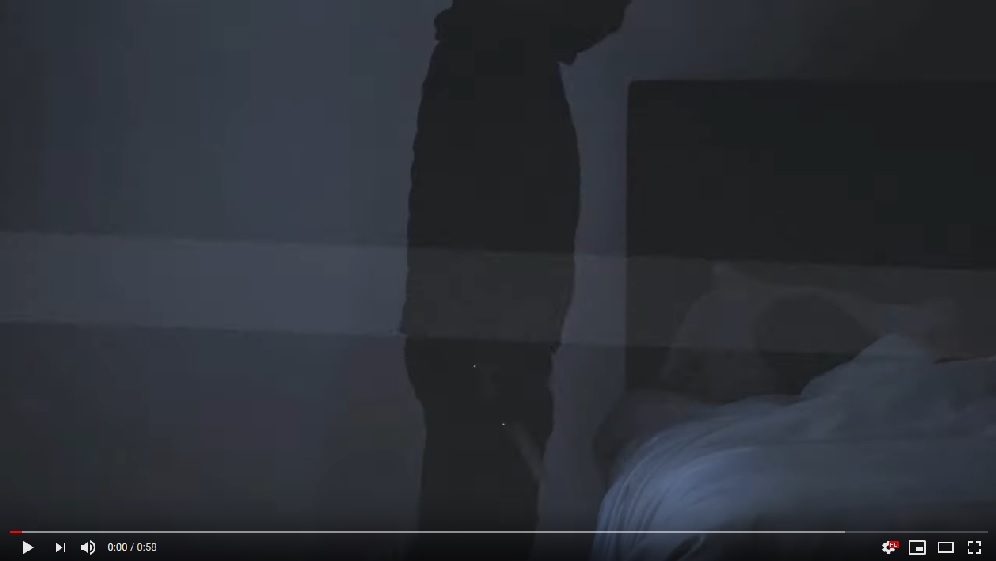 Rewind
Rewind No matter their ethnicity, country of origin or the political intricacies of their situation, refugees flee their homes in search of safety, opportunity and hope. Novelist Dina Nayeri, who fled Iran as a child with her mother and brother, delves into the experiences of many refugees--their varied details and their broader parallels--in her first nonfiction book, The Ungrateful Refugee.
No matter their ethnicity, country of origin or the political intricacies of their situation, refugees flee their homes in search of safety, opportunity and hope. Novelist Dina Nayeri, who fled Iran as a child with her mother and brother, delves into the experiences of many refugees--their varied details and their broader parallels--in her first nonfiction book, The Ungrateful Refugee.